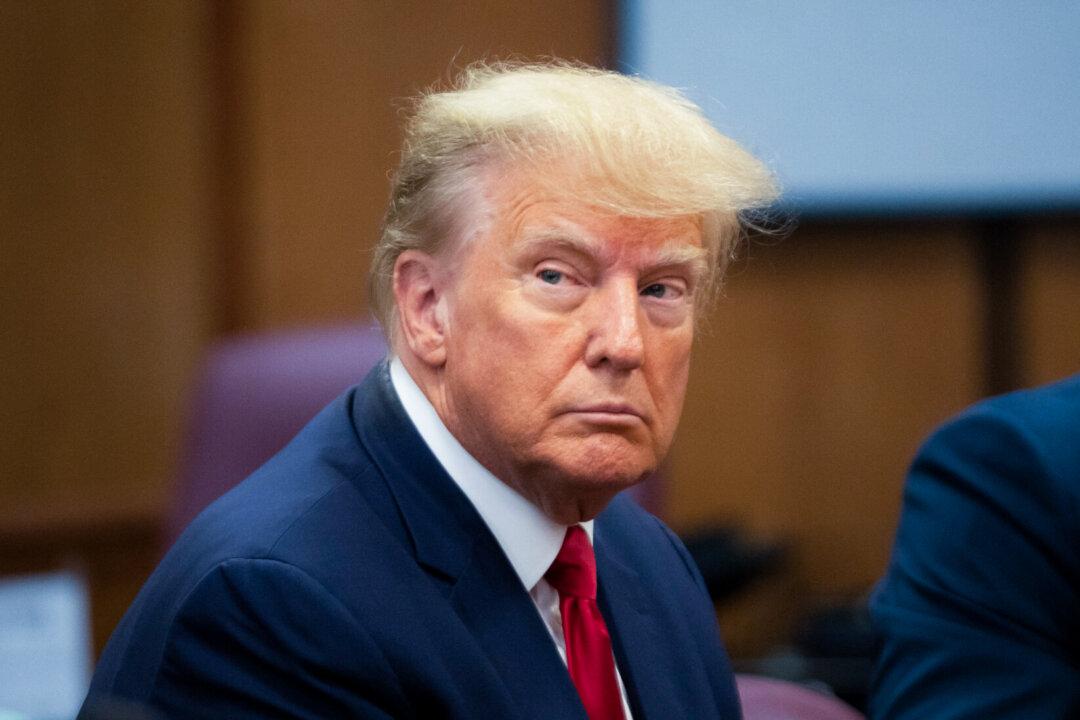Attorneys for former President Donald Trump filed a motion on Friday to temporarily lift the gag order imposed on him in the federal criminal case while he seeks a ruling from an appeals court. Hours later, Judge Tanya Chutkan approved an administrative stay, or pause, on her gag order while President Trump makes his appeal.
The government has until Oct. 25 to file any response, and President Trump would have three days to file a response to any opposition.





